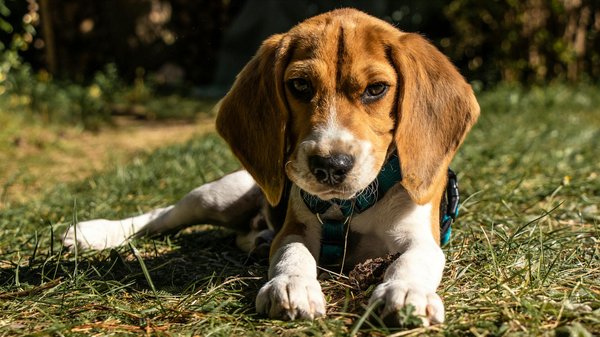🐾 The Animal Corner
Where every creature gets its story told
Cornishbees brings you heartwarming tales, expert guides, and the latest insights from the animal kingdom. From playful pups to curious cats and everything in between, discover a world of furry, feathered, and scaled companions.
Explore Our Animal World
Dive into stories, guides, and insights across all your favourite creatures
Latest articles
Our recent publications
Cats
How Do Cats in the UK Choose Their Favourite Napping Spots?
22 juillet 2025
5 min
Cats
How do UK cats adapt to different living environments?
22 juillet 2025
4 min
Cats
Why Are Different Breeds of Cats So Unique?
22 juillet 2025
5 min
Dogs
What are the best UK beaches for a dog-friendly day out?
22 juillet 2025
5 min
Dogs
What Are the Unique Behavioral Traits of Dogs Native to the UK?
22 juillet 2025
4 min
Dogs
Why Do Dogs Rule the Roost in UK Homes?
22 juillet 2025
4 min
News
How are UK universities contributing to animal research?
22 juillet 2025
3 min
News
How Does Urban Expansion Affect Wildlife in the UK?
22 juillet 2025
6 min
News
How is Brexit affecting wildlife conservation in the UK?
22 juillet 2025
6 min
Other pets
How Can UK Residents Legally Adopt Exotic Pets?
22 juillet 2025
6 min
Other pets
How Can You Enrich the Lives of Uncommon Pets in the UK?
22 juillet 2025
5 min
Other pets
What Makes UK Pets Different from Other Animals?
22 juillet 2025
5 min

Never Miss an Animal Story
Get the latest articles, heartwarming tales, and expert guides delivered straight to your inbox every week. Join our community of passionate animal lovers today.
Rejoindre →